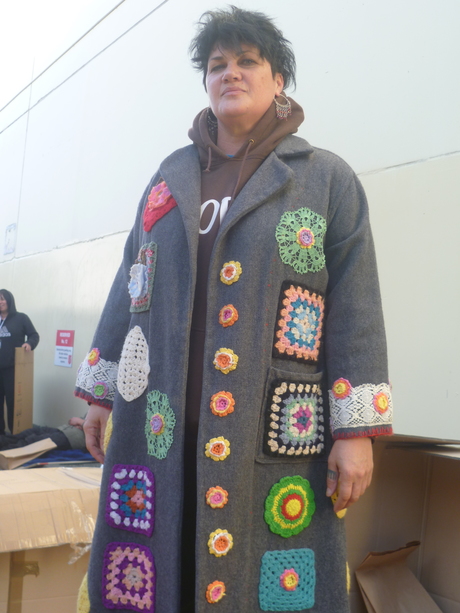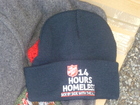Sunday, 26 October 2014
Kerea kerea, tōkia tōkia, kui kui whitiwhiti ora
Ka piri au ki te onepango, ka wiriau ki te onepango
Ka taea ano o te onewhero o ngā matua tupuna
Dig dig, plant, plant and the cry of the pipiwharauroa heralding the time for harvesting.
I touch the black soil, I toil through the black soil until I reach the red soil, the blood of our ancestors.
Whakatauki explained by Ruia Aperahama nō Tūwharetoa, Te Aupouri, Ngāti Kuri, Te Rarawa, Ngāti whātua, Ngāpuhi
You only have control of yourself Ruia, no-one else and you have to let go of what you thought was truth and find your own truth. - Ruia Aperahama (2014)

Musician Ruia Aperahama nō Tūwharetoa, Te Aupouri, Ngāti Kuri, Te Rarawa, Ngāti whātua, Ngāpuhi found it impossible to continue the way he was living using drugs and alcohol to self medicate. It took a failed suicide attempt for him to finally accept how his addictions masked a deeper more traumatic pain that, needed exposing. And so, the man famous for his Ratana faith, saxophone playing and reworking the songs of Bob Marley into te reo Māori; began what has been one of the most challenging, insightful, reflective, humbling experiences of his life. In conversation with Maraea Rakuraku, Aperahama talks about the slow road to recovery and how the 360 degree turn around in his life, is a slow, painful, ongoing walk centred around healing and love.

Suzanne Tamaki wearing Helen Forrest grey blanket jacket (2014) Photographs by Leanne Tamaki
Waiata featured: Kui kui whiti whiti, Rewa Noa, Pike Kake Ake 12:24 (2008) by Ruia Aperahama
________________________________________________________________________________________
Should this weeks episode of Te Ahi Kaa bring up anything for you please contact the following agencies.
Where to get help:
• Lifeline: 0800 543 354 (available 24/7)
• Suicide Crisis Helpline: 0508 828 865 (0508 TAUTOKO) (available 24/7)
• Youth services: (06) 3555 906
• Youthline: 0800 376 633
• Kidsline: 0800 543 754 (4pm to 6pm weekdays)
• Whatsup: 0800 942 8787 (1pm to 11pm)
• The Word
• Depression helpline: 0800 111 757 (available 24/7)
• Rainbow Youth: (09) 376 4155
• CASPER Suicide Prevention
If it is an emergency and you feel like you or someone else is at risk, call 111.



